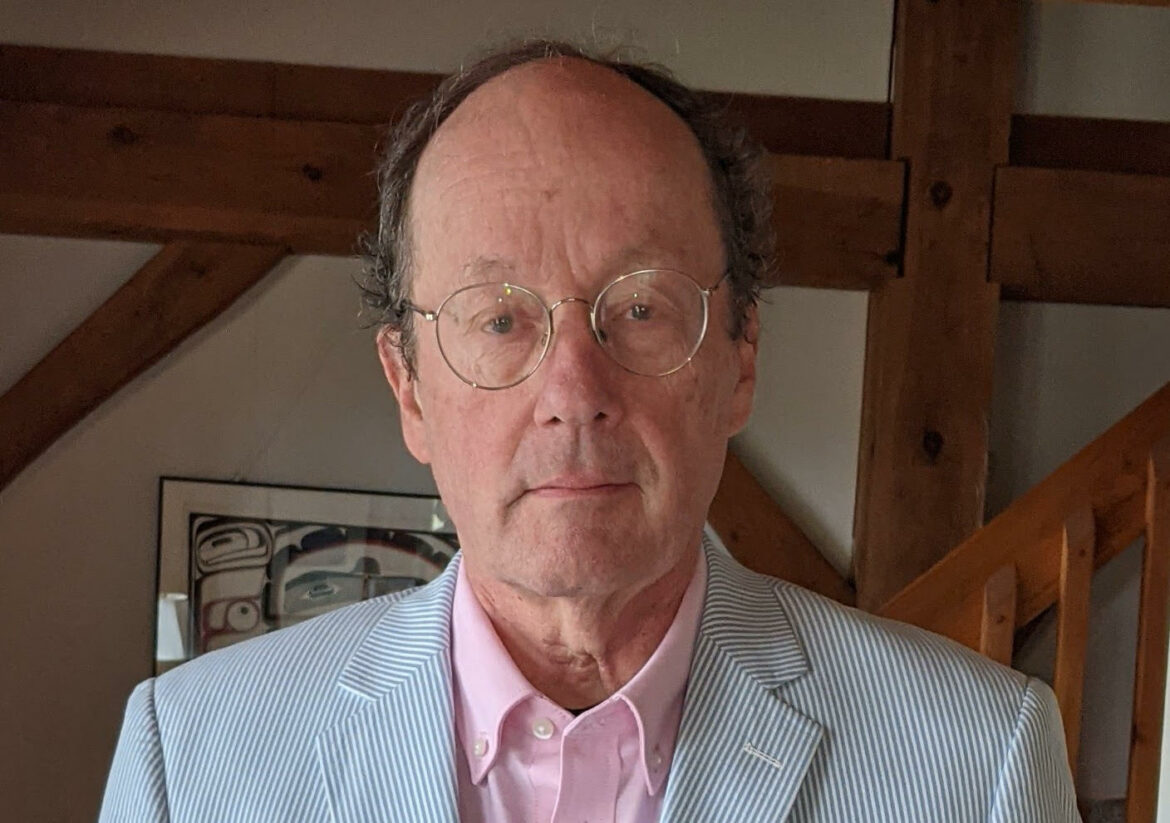Feature
Speaking of Words: Those Silent Consonants
|
We often hear about “silent e,” that magical letter that turns a can into a cane or a glob into a globe, as Tom Lehrer put it in his charming song for the Electric Company many years ago, but a greater problem for English spelling is a large set of silent consonants.
